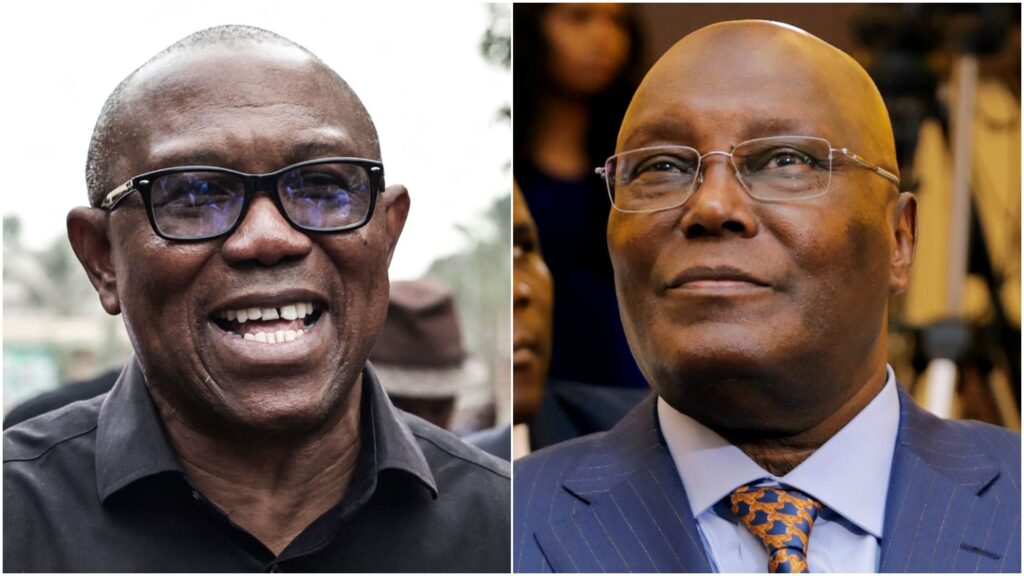Major Political Realignment in Nigeria as Top Leaders Team Up
In a significant shift within Nigerian politics, two of the country’s leading opposition figures, Atiku Abubakar and Peter Obi, have announced their departure from their former parties to join the African Democratic Congress (ADC). This coalition aims to present a formidable challenge against President Bola Tinubu and his ruling All Progressives Congress (APC) in the upcoming elections.
The move comes on the heels of discussions that aimed to consolidate opposition efforts and prevent vote splitting, a factor that contributed to Tinubu’s narrow victory in the 2023 elections, where he secured just 37% of the vote. Abubakar garnered 29%, while Obi received 25%. Both leaders are now hopeful that their alliance will enhance their prospects in the 2027 elections.
Reasons Behind the Coalition
Abubakar, the former Vice President, and Obi, the ex-governor of Anambra State, aim to unify their supporters after witnessing the impact of division in previous elections. During a press conference announcing their new alliance, interim ADC chairman David Mark emphasized that this coalition seeks to preserve Nigeria’s democracy and prevent the emergence of a dominant one-party system.
Political analysts, such as Shehu Iliyasu, assert that both leaders learned valuable lessons from the last electoral cycle. They believe that their collaboration could have resulted in a different outcome had they teamed up sooner.
Key Figures in the ADC Coalition
While the official candidates for the 2027 presidential election have yet to be declared, predictions suggest that Abubakar, now 78, may make another bid for the presidency, potentially with Obi, aged 63, as his running mate. The ADC has attracted additional prominent figures, including former Senate President David Mark, former PDP chairman Uche Secondus, and former Tinubu allies Nasir El-Rufai and Rotimi Amaechi.
| Name | Former Party | Role in ADC |
|---|---|---|
| Atiku Abubakar | PDP | Presidential Hopeful |
| Peter Obi | LP | Possible Vice-Presidential Candidate |
| David Mark | PDP | ADC Interim Chairman |
| Uche Secondus | PDP | ADC Member |
| Nasir El-Rufai | APC | ADC Member |
| Rotimi Amaechi | APC | ADC Member |
Implications for Other Parties
The formation of this coalition raises questions for the PDP and Labour Party (LP). The PDP has ruled out any partnership with the ADC, preferring to contest against the APC independently. Meanwhile, the LP faces a potential crisis with the departure of Obi, a prominent leader who significantly elevated its profile. Many analysts predict that the ADC could soon replace the PDP as Nigeria’s primary opposition party, given the caliber of politicians joining its ranks.
Looking ahead, the political landscape remains dynamic. With the APC endorsing Tinubu for a second term, the future of both opposition parties hinges on their ability to regroup and respond to the evolving political narrative in Nigeria.


